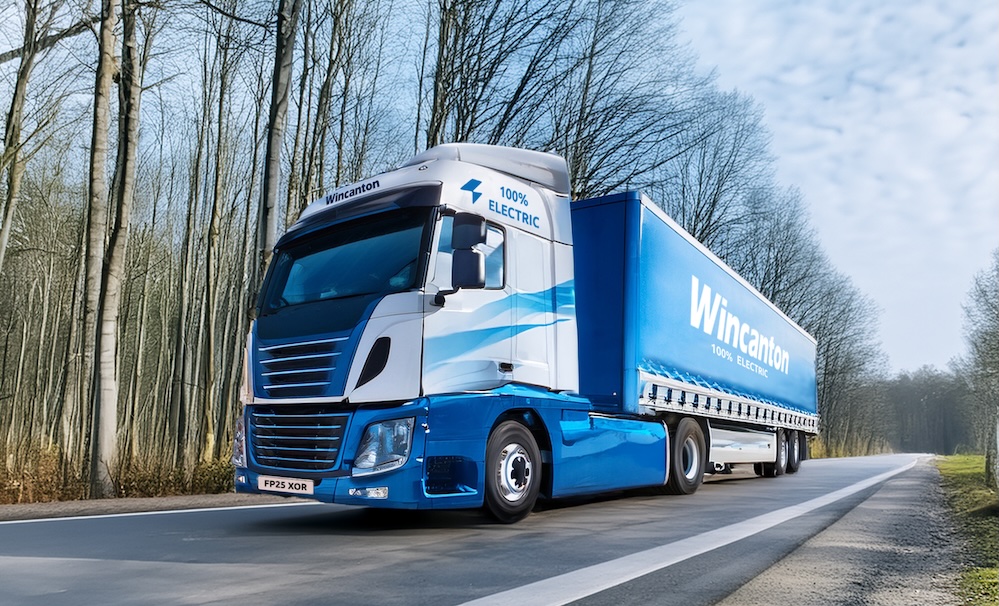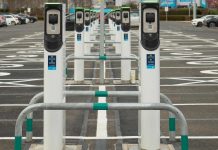Wincanton is taking delivery of 24 battery electric HGVs this summer as part of its efforts to reduce emissions from heavy-duty transport operations.
The new vehicles, supplied by DAF Trucks, Volvo Trucks and Renault Trucks, will be able to operate at more than 40 tonnes.
They are expected to reduce Wincanton’s CO2 emissions by 2,400 tonnes per year as the company focuses on becoming a net zero carbon emissions business by 2040.
Also, Wincanton is rolling out depot-based charging infrastructure at four key sites: Greenford (West London), Portbury, the Scotland Gateway Hub near Glasgow, and The WEB in Northamptonshire.
This infrastructure is designed and built in partnership with Voltempo and Gridserve.
The test and learn initiative forms part of Wincanton’s participation in the Electric Freightway and eFREIGHT 2030 consortia – both projects part of the Zero Emission HGV and Infrastructure Demonstrator (ZEHID) programme, supported by funding from the Department for Transport and delivered in partnership with Innovate UK.
Carl Hanson, Managing Director, Transport, at Wincanton, said, “By pioneering new vehicle technologies, we’re cutting carbon and delivering smarter, greener solutions for our customers.
“And, with these HGVs marking a major step forward in our commitment to a more sustainable supply chain, this important milestone will help us learn and adapt for the future.”
Simon Buckley, Knowledge Transfer Manager – Zero Emission Mobility, at Innovate UK said, “We look forward to the real-world demonstrations and collaboration as part of Project Electric Freightway eFREIGHT 2030, under the wider ZEHID programme, funded by UK Government and delivered in partnership with Innovate UK.
“These initiatives will generate valuable insights into the future of zero-emission freight in the HGV sector.”




